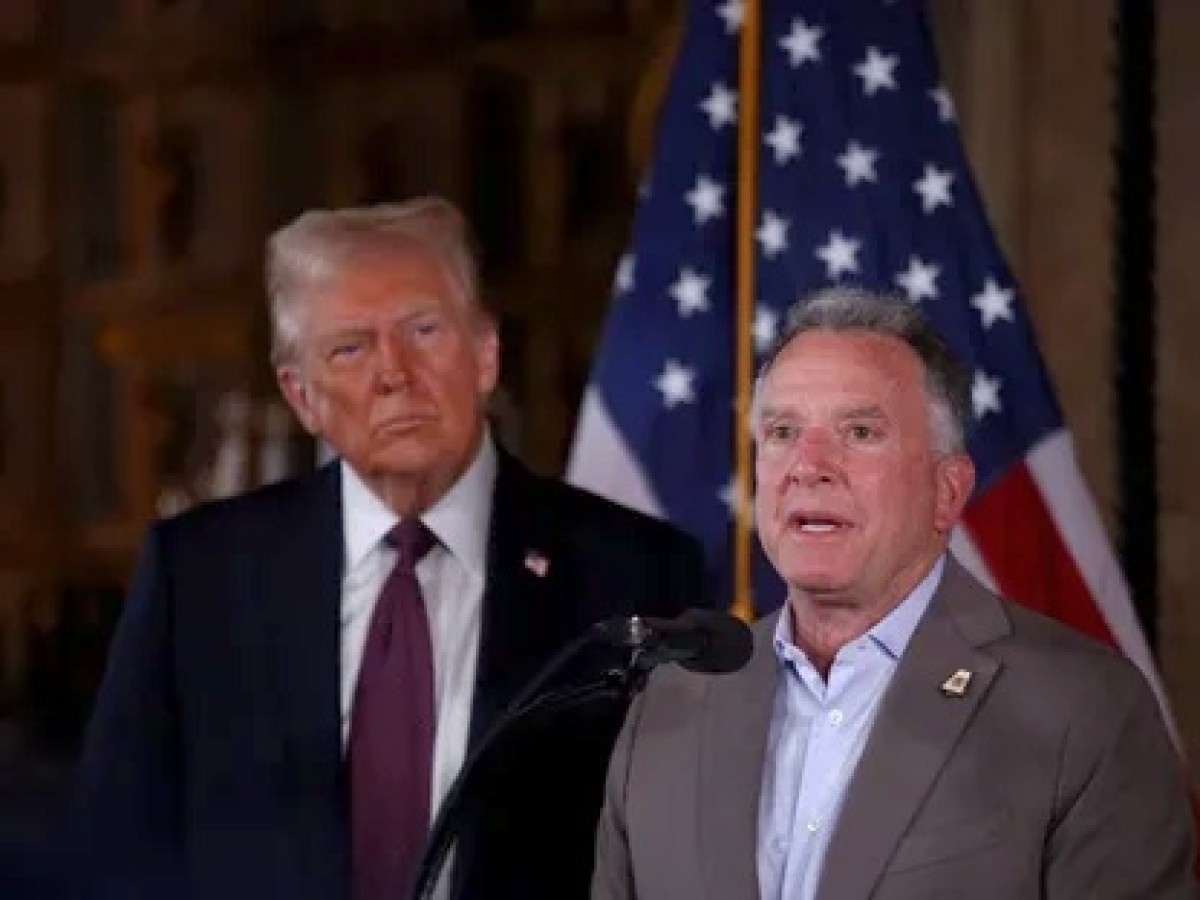Trump's envoy visits Israel to press for reaching a "Gaza agreement" within days


Israeli officials told Axios that US President-elect Donald Trump's envoy to the Middle East, Steve Witkoff, arrived in Israel on Saturday to push for a ceasefire agreement in Gaza and a prisoner exchange before January 20.
Witkoff traveled to Israel from Qatar as part of “last-minute” efforts, as Trump is trying to pressure all parties involved in the negotiations to conclude the agreement before January 20, the date of his inauguration as president of the United States.
Trump threatened that there would be "hell to pay for in the Middle East" if Hamas did not release Israeli detainees by the time of his inauguration.
A senior Israeli official said that Witkoff conveyed a message to the Qataris in their meeting in Doha, on Friday, that Trump wants to see an agreement within days.
Witkoff is expected to convey the same message to Israeli Prime Minister Benjamin Netanyahu, when they meet on Saturday.
"Netanyahu's decision"
Axios quoted Israeli officials as saying, on Saturday, that “the talks have made progress during the past 24 hours,” and they added that “Netanyahu must decide whether to send the directors of the Mossad and the Shin Bet to Doha, to join the talks and try to complete the deal.”
Indirect negotiations between Israel and Hamas are still continuing in Doha, with Qatari, Egyptian and American mediation.
President Biden's senior Middle East advisor, Brett McGurk, is in Doha and participating in the negotiations. US officials say that McGurk and Witkoff are coordinating their efforts.
Axios reported, citing Israeli intelligence, that about 98 detainees are still held by Hamas in Gaza (including 7 Americans), half of whom are believed to be still alive, including 3 Americans. If an agreement is reached, the first phase could include the release of 33 detainees, some of whom are still alive and some of whom have died.
The first phase is also expected to include a ceasefire in Gaza for a period ranging between 6 and 7 weeks, and the release of hundreds of Palestinian prisoners.
"Hamas' flexibility in negotiations"
A source in the Palestinian Hamas movement told Al-Sharq on Saturday that the movement’s flexibility surprised the Israeli delegation during the negotiations. The source familiar with the course of the negotiations added: “We are close to announcing an agreement and deal to exchange prisoners, and this depends on the expected Israeli response, and if Without creating new Israeli conditions, the agreement will be ready to be announced to the mediators,” he said, referring to Egypt, Qatar, and the United States.
The source considered that “Hamas provided great flexibility that surprised the Israeli delegation, by agreeing to submit a list of names of living prisoners within the first phase, and adding 11 prisoners to the list based on a new Israeli request and condition during the current round of negotiations regarding the first phase, and not refusing to keep forces.” Israeli forces in the Philadelphia axis, not opening the Rafah crossing, and the presence of Israeli forces in the Netzarim axis (which divides northern and southern Gaza), but ensuring the return of the displaced through an electronic barrier provided With cameras, at the Western Shuhada Junction (Al-Rashid Road - Corniche), at the beginning of the first phase (which extends from 6 to 8 weeks).”